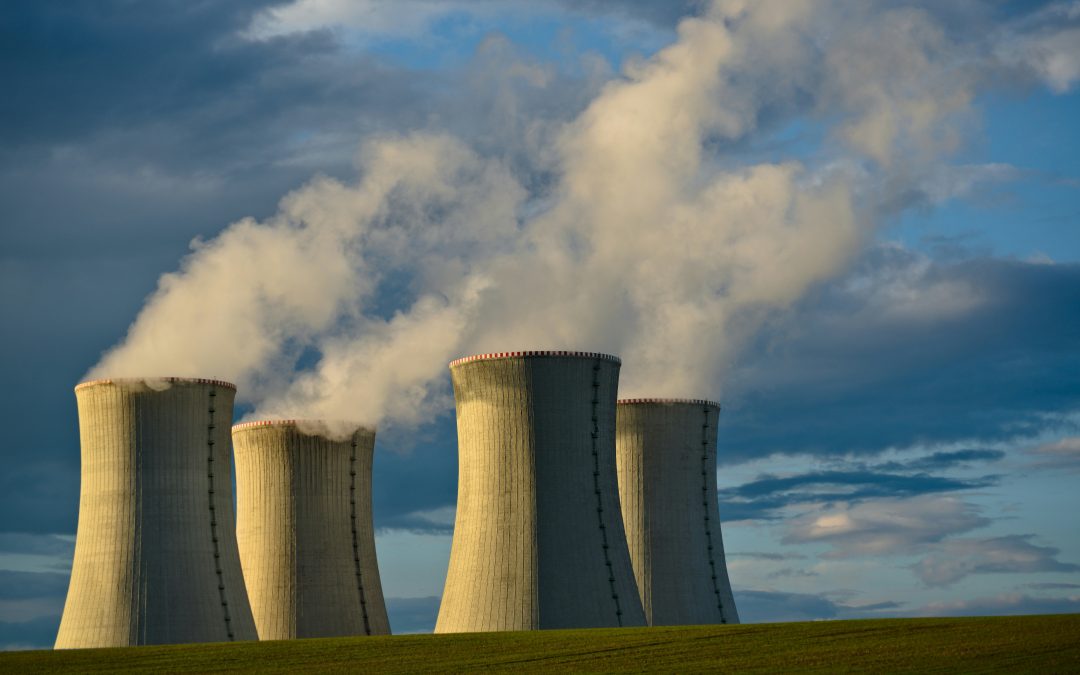Records tumble as Perth swelters through an oppressively hot summer.
In mid-January Perth notched its sixth consecutive day above 40°C, breaking the previous record of four days set on three previous occasions. All three were achieved in the past 20 years.
The most extraordinary aspect of the record was that it did not cause panic, or seemingly alarm, almost as if the regularity with which Australian temperature records are bested makes them barely worth noting.
Eleven days above 40°C
When the WA capital hit 40.1°C on Sunday, January 23, it was the 11th day above the 40°C mark for the summer, also a record. The previous high tally for days over 40°C was seven days in 2015–16.
Just a week earlier than this, a temperature of 50.7°C was recorded at Onslow in WA’s Pilbara region. According to the preliminary data this matched the hottest temperature ever recorded in Australia.
“This kind of thing,” says the Bureau of Meteorology’s Robert Lawry, “is what you can expect to happen more frequently.”
“Eight of the top 10 warmest years on our planet occurred in the last decade, an indisputable fact”
Of note
- 2021 the sixth hottest year on record
- 25 countries recorded a record warm annual average
- July 2021 world’s hottest month on record
- New record for Australian hottest single-day temperature: 50.7°C.
Record heat
Last year was the sixth hottest ever recorded, with the global temperature 1.1°C above the pre-industrial average, according to NASA and the US National Oceanic and Atmospheric Administration (NOAA).
“Science leaves no room for doubt: Climate change is the existential threat of our time,” says NASA’s Bill Nelson. “Eight of the top 10 warmest years on our planet occurred in the last decade, an indisputable fact that underscores the need for bold action to safeguard the future of our country – and all of humanity. NASA’s scientific research about how Earth is changing and getting warmer will guide communities throughout the world, helping humanity confront climate and mitigate its devastating effects.”
NASA says Arctic sea ice is declining, sea levels are rising, bushfires are becoming more severe, and animal migration patterns are shifting.
“What terrifies me … is that these facts and figures are no longer surprising or shocking,” says Kristina Dahl, a senior climate scientist at the Union of Concerned Scientists. “Rising temperatures are already triggering dire impacts worldwide, and will only worsen as the planet warms.”
Like to know more?
For a full dataset of global surface temperatures, go to data.giss.nasa.gov/gistemp/











